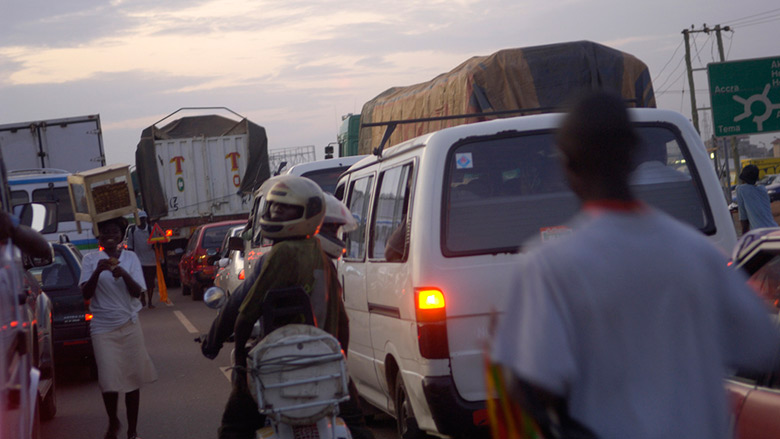The World Bank Group supports a number of projects in Africa that lower greenhouse gas emissions and earn carbon credits. Many of these projects and programs are located in least developed countries and have an important impact on poor communities, creating jobs and improving health and education through the use of carbon revenue for the benefits of communities.
Below, is a list of examples that illustrate the benefits of choosing a low carbon development path and how carbon finance can help finance projects.
Egypt: Vehicle Scrapping and Recycling Project
The program led to replacing over 40,000 old taxis in Cairo and has helped avoid the equivalent of 130,000 tons of carbon dioxide in 2013 and 2014.
Ethiopia: Humbo Assisted Natural Regeneration Project
In less than four years, the project helped restore 2,700 hectares of land in the country and has become a model for other farmer-managed regeneration efforts undertaken in Niger, Chad, and Burkina Faso.
Kenya: Olkaria II Unit 3 Geothermal Expansion Project
As Kenya's first Clean Development Mechanism project to issue certified emissions reduction, it helped add 35 megawatts of electricity to the Kenyan national grid and issued over 230,000 carbon credits.
Kenya: Sustainable Agriculture Land Management Project
The project led to tripling of maize yields for Kenyan farmers and trained over 300,000 small-holder farmers on sustainable land management practices.
Madagascar: Ankeniheny-Zahamena Corridor Biodiversity Conservation (REDD+) Project
The project has generated almost four million carbon credits and has provided susbtantial community benefits such as fish farming, improved irrigated rice cultivation, and bean production.
Morocco: Municipal Solid Waste Management Program
The program will not only contribute to mitigating greenhouse gas emissions in Morocco but will also generate local environmental and social benefits like improved air quality by reducing pollution.
Nigeria: Earthcare Solid Waste Composting Project
As the first composting activity in Nigeria to be registered with the Clean Development Mechanism, the project is expected to issue about 30,000 carbon credits by the end of 2015.
Rwanda: Electrogaz Compact Fluorescent Lightbulb Distribution
The project has distributed 800,000 compact fluoresecent lamps in the last eight years, reducing the equivalent of 21,000 tons of carbon dioxide per year and has generated 130,000 carbon credits.
South Africa plans to introduce a carbon tax at R120 ($11.20) per tonne of carbon dioxide in 2016, with annual increases of 10% until 2019/20. The project is helping in the design and implentation of the tax.
South Africa: Durban Landfill Gas-to-Electricity Project
The project is adding three megawatts of electricity to the Durban municipality and has issued about 181,000 carbon credits.
